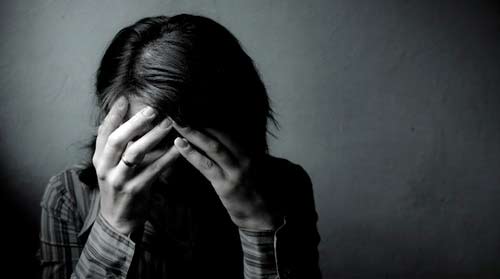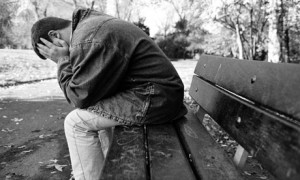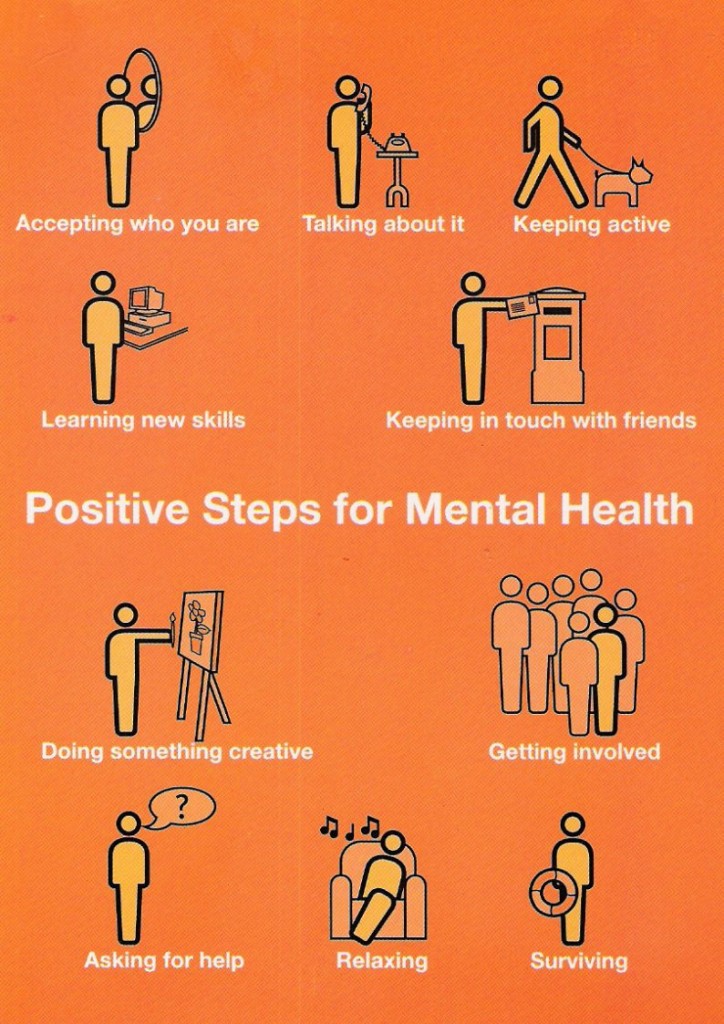 What is it about failure that makes life complicated? Is it the fear of failing? Is it letting others, or yourself, down? Is it feeling like you're wasting time or talent? Is it going 100 mph down a specific career path, only to realize you've been going in the wrong direction? Is it watching individuals whom you love go down paths you do not approve of? Is it feeling like you don't have all the answers? Is it experiencing depression* and not being able to get out of bed everyday? Perhaps it is a combination of several actions. Or perhaps it is just a reminder that we need to keep what we experience in perspective.
What is it about failure that makes life complicated? Is it the fear of failing? Is it letting others, or yourself, down? Is it feeling like you're wasting time or talent? Is it going 100 mph down a specific career path, only to realize you've been going in the wrong direction? Is it watching individuals whom you love go down paths you do not approve of? Is it feeling like you don't have all the answers? Is it experiencing depression* and not being able to get out of bed everyday? Perhaps it is a combination of several actions. Or perhaps it is just a reminder that we need to keep what we experience in perspective.
The idea of failure, as I see it, is a red flag. It's a reminder for us to understand that there are occurrences merely out of our control. That does not mean we, as individuals, are failures, nor are the actions we take.
A year ago, in June 2014, I had the opportunity to serve as a panelist at the Annual UniPro Summit in New York City. Once I had a microphone in hand, I discussed how each failure I had experienced until that point were actually lessons in disguise. It was the first time I had been so vulnerable in a public space. I had done so candidly - I had not planned to talk about failure - and in front of an audience of over 100 young Filipino professionals and students from around the country. But I wanted to be honest and open. At that point, my "failures" included the fact that I was no longer pursuing a career in the field that I had studied in college, that I had been on the job hunt and underemployed for eight months, and that I had moved back home to live with my family. In reality, there is absolutely nothing wrong and any of these three facts. But really, were these truths my failures? Or were they just my perceived mishaps, existing only in my mind?
Fast forward one year to a warm May evening. Eleven young leaders and myself were gearing up for our graduation ceremony in Wilkinsburg, PA, a community right outside of Pittsburgh. It was in Wilkinsburg that we kicked off our nine-month leadership development training program through Coro, an incredible non-profit dedicated to growing leaders.
The Coro Fellowship in Public Affairs is no joke. It is rigorous and time-consuming. It pushes you out of your comfort zone and demands that you step outside of the box. From individual project placements with various government, business, non-profit and labor organizations, to whole group projects at the local, city, state and national level, we dove into the working world with passion and drive to tackle challenges in society. We were also faced with personality clashes, socioeconomic divides, race and ethnic differences, and conflicting beliefs. To add some imagery, a euphemism we often used to describe ourselves to others was 'twelve different people trying to drive the bus at once.' It took some time, but we eventually figured out a flow to our chaos. But that doesn't mean I was without my share of perceived personal failures.
And there we were, nine months later, at the conclusion of our program. Each of us had prepared reflections from our time in the program. But most importantly, we were there to share glimpses of systemic challenges and personal growth. The key insight that I shared with the fellows, Coro staff, family, friends, project hosts, community members and Coro supporters that evening was this:
While caring for and giving to others is part of the human nature, it is even more important to care and give to oneself. In order to be an effective leader, one must exercise self-compassion. A specific way one can do this is by asking for help.
When someone tells us to not be afraid to "ask for help," is not meant to be demeaning or the end all to any problem. It's not the solution. It's merely a tool for coping and managing stress. It is a step forward toward pure wellness and self-care. Asking for help does not demonstrate weakness. It demonstrates courage and strength. Looking back, I wonder how many of my failures would have changed to experiences of wonder and empowering interdependence had I done just that. Had I asked for help.
Vulnerability can be a scary thing. Telling people of your most inner turmoils and demons without knowing their response can be intimidating. What if they don't understand you?
What if they do?
A reminder to humanity: When someone opens up to you, listen. Whether or not they are a loved one, a colleague, or even a passerby who you just so happens to stumble upon while they weep: do your best to understand. Do not chastise or blame them. Show sympathy, or empathy if you can. Remind them that they are not alone in the pain they face.
And a reminder to those who are conflicted by failure: Be compassionate to yourself. Show yourself love by taking moments to reflect, show gratitude, or do something you enjoy or brings you peace. If you're not at a place to enact self-care, then ask for help. People may not always have a concrete answer or solution. But there is strength in numbers. You're never alone in the struggle you face. Chances are, you're not the only one who has deviated from your college major, been unemployed, or lived at home with family as a twenty-something or older.
*If you or someone you know is contemplating self harm or suicide, reach out to the National Suicide Prevention Hotline: 1 (800) 273-8255. Additionally, if you or someone you know is living with depression, or displaying symptoms of depression or other mental illnesses, get help. Mental illnesses are medical conditions and should not be overlooked. If you're comfortable, reach out to family, friends, peers and mentors for support. You can also talk to mental health professionals, such as a counselor, therapist, psychologist, psychiatrist or your primary care physician (PCP). If professional medical attention is inaccessible, reach out to community mental health centers. Other mental health resources can be found here.
The original version of this post appeared on Mama Tanap, a blog that focuses on personal health and wellness.

 Depression is increasingly more
Depression is increasingly more 
